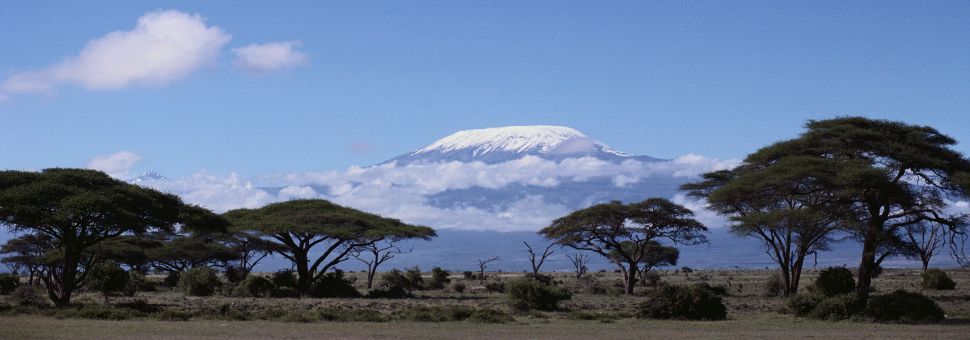 About Kilimanjaro National Park:
About Kilimanjaro National Park:
Size: 1668 sq km 641 sq miles).
Location: Northern Tanzania, near the town of Moshi.
Kilimanjaro: The name itself is a mystery wreathed in clouds. It might mean Mountain of Light, Mountain of Greatness or Mountain of Caravans. Or it might not. The local people, the Wachagga, don’t even have a name for the whole massif, only Kipoo (now known as Kibo) for the familiar snowy peak that stands imperious, overseer of the continent, and the summit of Africa.
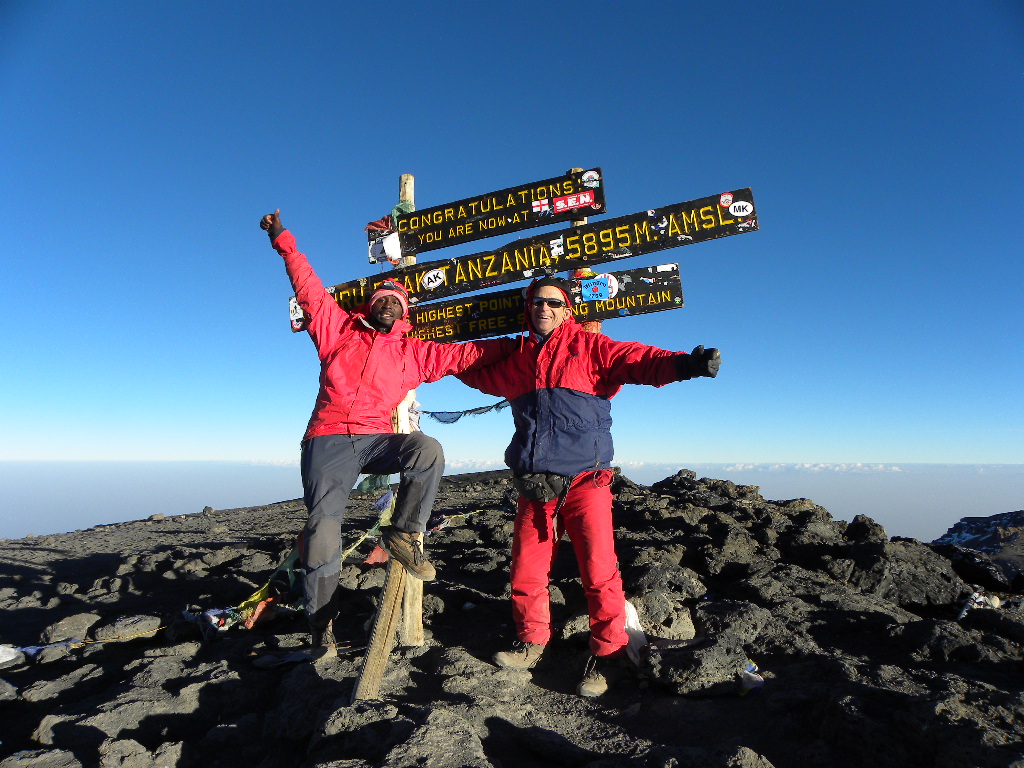
Kilimanjaro, by any name, is a metaphor for the compelling beauty of East Africa. When you see it, you understand why. Not only is this the highest peak on the African continent; it is also the tallest free-standing Mountain in the world, rising in breathtaking isolation from the surrounding coastal scrub land – elevation around 900 meters – to an imperious 5,895 meters (19,336 feet). Kilimanjaro is one of the world’s most accessible high summits, a beacon for visitors from around the world. Most climbers reach the Crater rim with little more than a walking stick, proper clothing and determination. And those who reach Uhuru Point, the actual summit, or Gillman’s Point on the lip of the crater, will have earned their climbing certificates. And their memories.
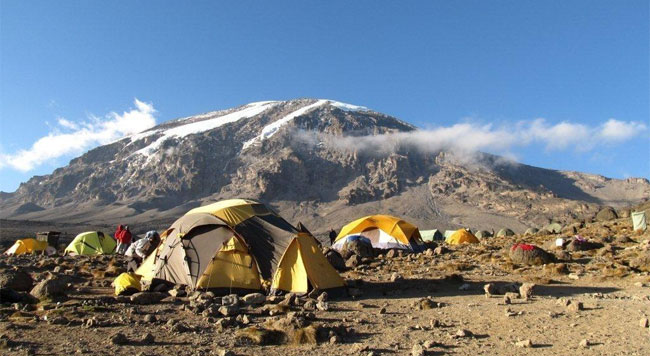
But there is so much more to Kili than her summit. The ascent of the slopes is a virtual climatic world tour, from the tropics to the Arctic. Even before you cross the National Park boundary (at the 2,700m contour), the cultivated foot slopes give way to lush Montane forest, inhabited by elusive elephant, leopard, buffalo, the endangered Abbot’s duiker, and other small antelope and primates. Higher still lies the moorland zone, where a cover of giant heather is studded with otherworldly giant Lobelias. Above 4,000m, a surreal alpine desert supports little life other than a few hardy mosses and lichen. Then, finally, the last vestigial vegetation gives way to a winter wonderland of ice and snow – and the magnificent beauty of the roof of the continent.
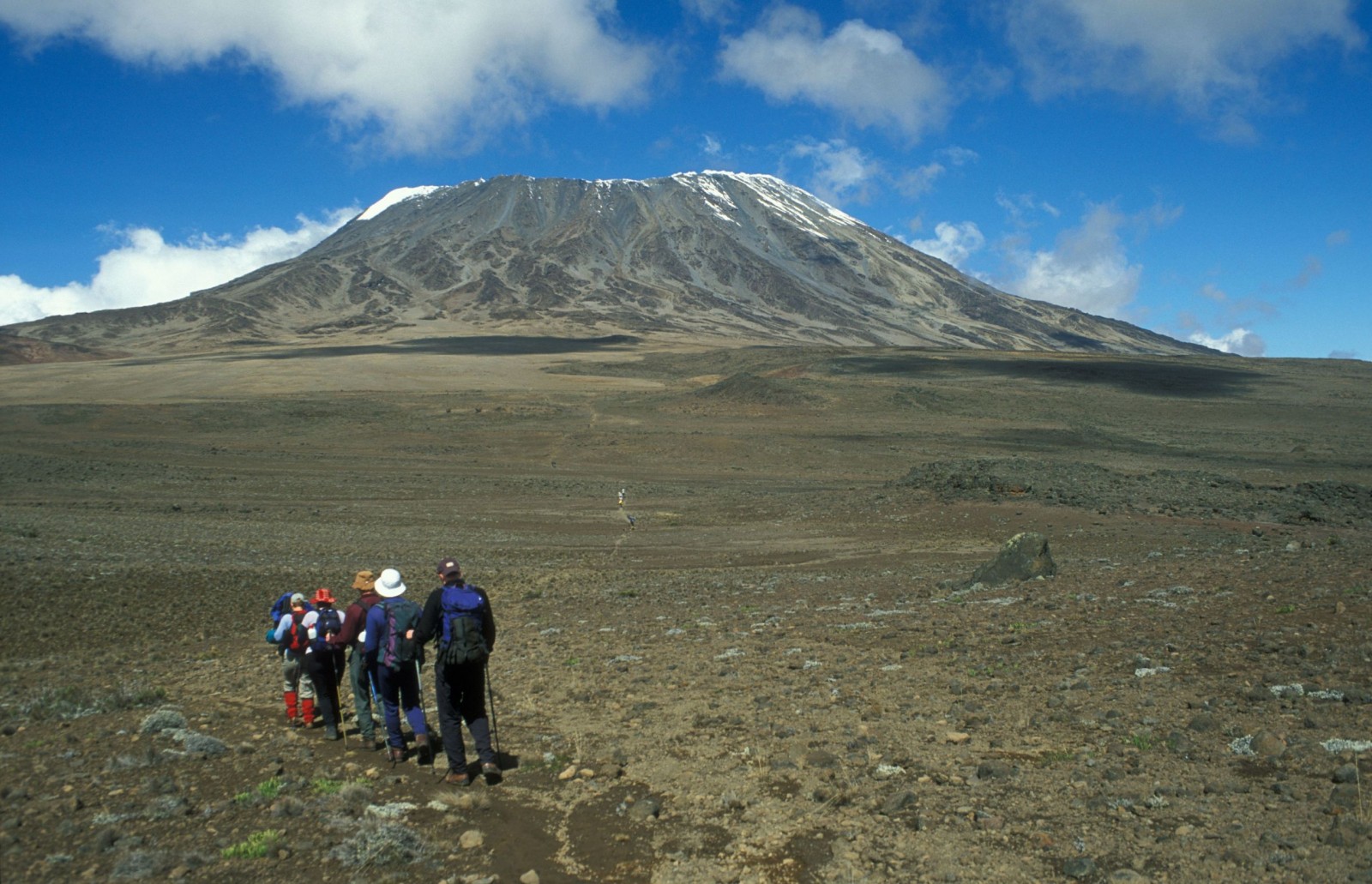
Climbing to Uhuru peak, the highest point, is a non-technical hike which can be done by any average adventurer. There are different routes used starting with the most popular Marangu route, to the most scenic and equally popular Machame route, to the less tourist Shira and Rongai routes. For the physically fit persons looking for a Challenging climb, the steep and fast Umbwe route makes a perfect option. They could also attempt our special combination of Africa’s 2 highest peaks. Climbing both peaks provides a fascinating variety of scenery, vegetation and culture not to mention the challenging rigors of such a trek.
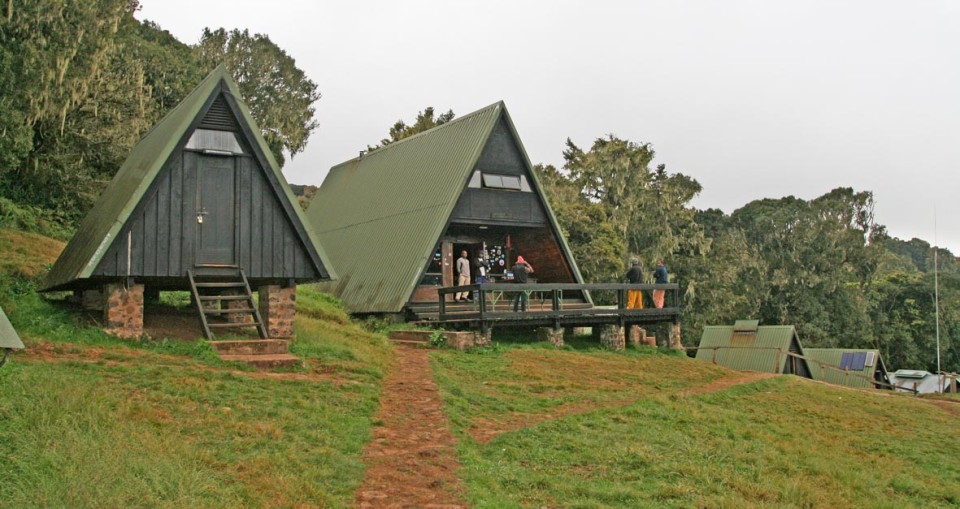
Northern Circuit Adventure Team can organizes Eco-friendly climbs on this magnificent dome-shaped mountain and boasts of an excellent safe climbing record. Our professional, experienced and highly knowledgeable guides will lead you all the way to the summit while explaining the different ecosystems of the mountain that you go through each day.
Our local guides are licensed, trained, friendly, and with years of experience. Porters will also go on the trip to carry your luggage, food, and other equipment. You will only have to carry a day pack with your daily essentials. We us a high ratio of guides and porters to clients.We use professional, quality mountain equipment and food is plentiful and delicious.
Groups are limited to 10 people. We will combine groups up to this limit if they are starting the same route on the same day. However, we can also arrange for private groups at no extra cost. We will try to add single travelers to a group if at all possible but will also do groups with just one climber. We can also accommodate large groups of any size.
Note:
Climb slowly to increase your acclimatization time and maximize your chances of reaching the summit. To avoid altitude sickness, allow a minimum of five nights, preferably even more for the climb. Take your time and enjoy the beauty of the mountain.
Accommodation:
Huts and campsites on the mountain. Several hotels and campsites outside the park in the village of Marangu and town of Moshi.
Pack list for Mount Kilimanjaro









